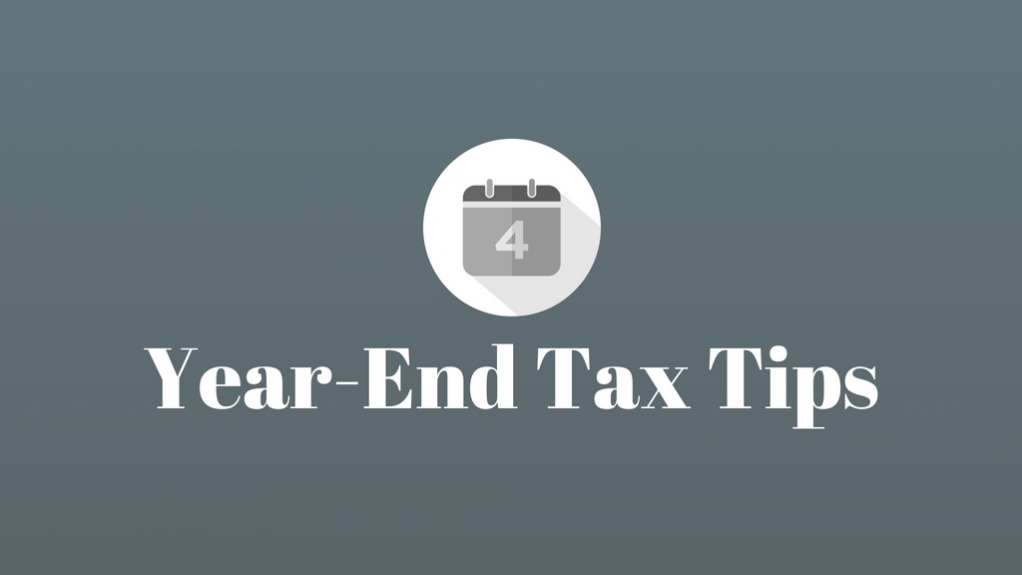For business owners and individuals alike, maximizing tax deductions and decreasing taxable income (revenue) is the name of the game. You can optimize your tax strategy by making small decisions throughout the year. Depending on what you do and when you decide to do it, your tax obligations can be dramatically different.
As we approach the end of the year, it’s wise to consider tips that can help you when filing your taxes next year. Because tax laws change regularly, it’s always wise to contact a professional CPA to assist with your tax strategy.
With that in mind, here are a few year-end tax tips for individuals and small business owners.
- Defer Income
- Recognize Expenses
- Contribute to Retirement
- Donate to Charity
Defer Your Income
To defer your income is to push recognizing earnings until the next calendar year. Because you are only taxed on the income you earn within the year; deferring can help you delay taxes on income that you would receive near the end of the year.
As it relates to your personal income, this could mean holding off on receiving a year-end bonus or pushing the closing on a deal until January. If you are a solopreneur, this might mean delaying invoices to be paid the following year.
Deferring income is a tax strategy that can prevent you from entering a higher tax bracket. For instance, if you had an outstanding year as a freelancer and do not expect to replicate your earnings, deferring revenue can keep you in a lower tax bracket this year and allow you to pay taxes on the deferred income the following year.
Take Necessary Business Expenses Now
If you have done well tracking your records throughout the year, you should have a good idea what your taxable earnings are going to look like when it comes time to file. Just as you might defer earnings into the next year, you can also lower your tax bill by recognizing expenses earlier.
For instance, business expenses like new equipment or travel can be written off. Considering a new machine to increase work efficiencies? Want to visit a trade show to book new clients? These are business expenses that can improve your tax position and set your company up for future success.
Contribute to Your Retirement
Contributing to retirement accounts that are tax-deferred will not just benefit you in the long run, it can also help you avoid immediate tax fees. A retirement plan like a 401(k) can be a great investment — especially if your company matches your contributions. 401(k) contributions are made throughout the year, meaning the deductions are already recognized on your taxable income.
Other retirement plans like IRAs can also help your tax position. In most cases, if your work is not covered by a retirement plan, you can take deductions based on your IRA contributions.
Donate to Charity
Donating to a nonprofit organization has more than just philanthropic benefits — it can also help you increase your charitable tax deduction. Interestingly, your charitable deduction is based on your tax bracket. For instance, if you find yourself in the 25% tax bracket, you can deduct $0.25 for every dollar you donate.
If you’re considering using charitable contributions to improve your tax position, contact a local accounting company like Rivero, Gordimer & Company that specializes in tax and nonprofits. Not only can donating to a nonprofit organization feel rewarding, but it can help you decrease your tax bill.
Tax preparation is often about executing a tax strategy throughout the year. As you approach the end of the calendar year, it can be very financially beneficial for you to make specific choices. As we near another tax season, consider the four ideas above to help you save on your taxes.




